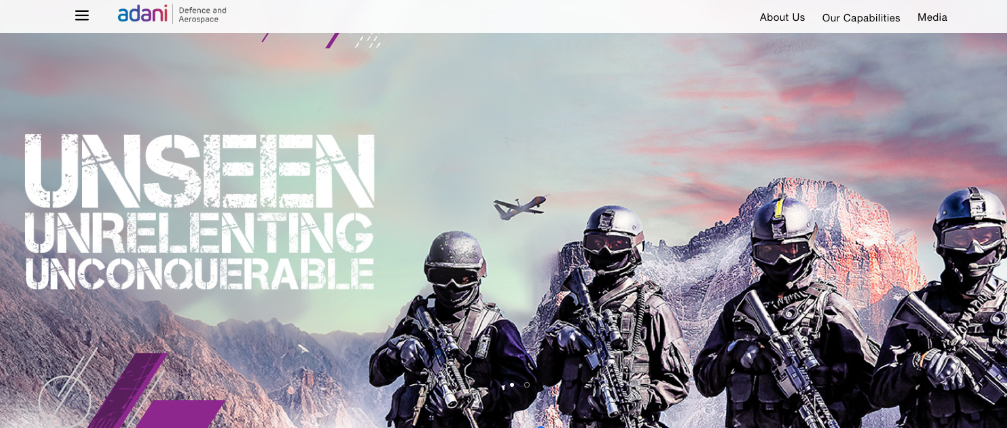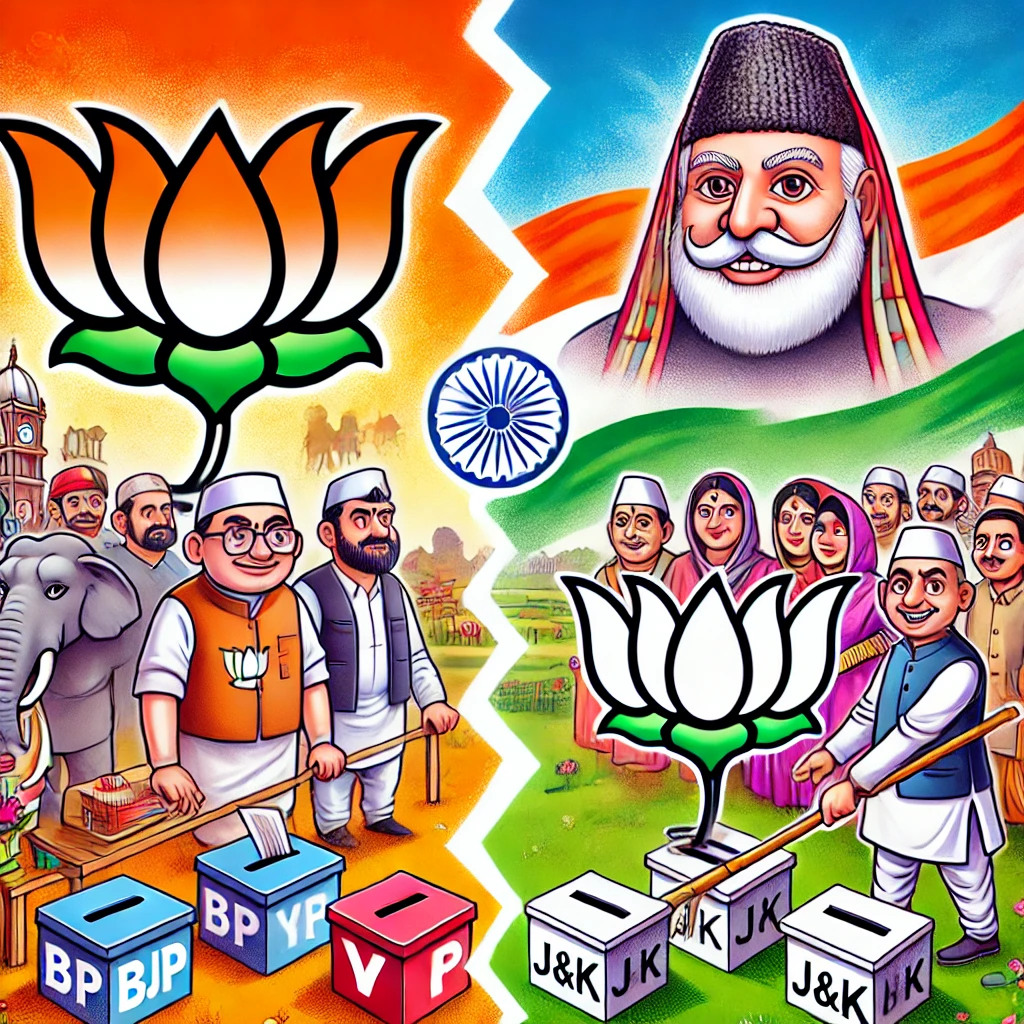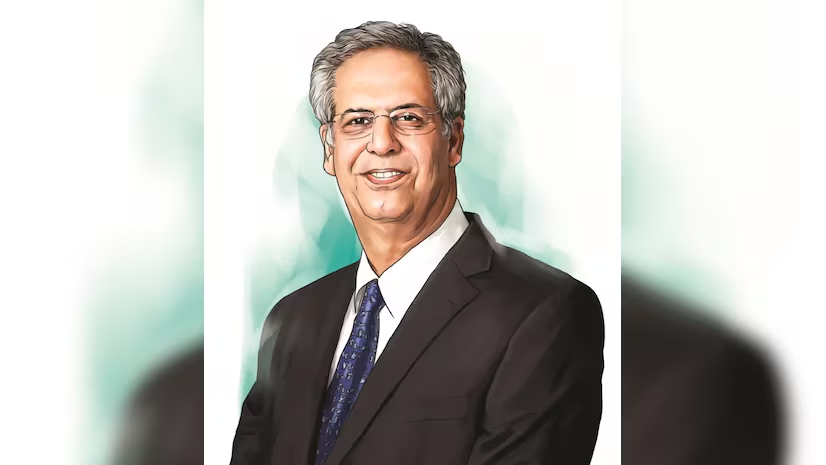The Adani Group’s growing presence in India’s defense sector has sparked significant debate, particularly surrounding claims that it may be “white labeling” Israeli-made weapons. Allegations have surfaced suggesting that Adani Defense partners with Israeli manufacturers, rebrands these products, and sells them to the Indian Army at higher prices. This practice raises questions about transparency, fair pricing, and the impact on India’s indigenous defense manufacturing.
Allegations of White Labeling and Overpricing
One of the core accusations is that Adani Defense has entered partnerships with Israeli defense companies to import military equipment, modify the branding, and market it under the Adani Defense label. Critics argue that such arrangements allow Adani to act as a reseller rather than a genuine manufacturer, potentially leading to inflated costs when these products are sold to Indian defense forces.
Congress leader Rahul Gandhi has been a vocal critic, asserting that the Agnipath scheme—a new military recruitment strategy—was designed, in part, to benefit companies like Adani Defense, allowing them to secure lucrative contracts with funds that would otherwise have been spent on pensions for soldiers. Gandhi claims this practice undermines India’s defense public sector units (PSUs) like Hindustan Aeronautics Limited (HAL), traditionally involved in domestic arms production.
Strategic Ties with Israel
Adani’s defense and strategic partnerships with Israel have been in the spotlight since it acquired the Haifa Port for $1.2 billion. This acquisition, hailed as a “strategic investment,” has been bolstered by Adani’s collaborations with Israeli firms in both port infrastructure and defense technology. These developments have raised questions about how Adani’s increasing role in defense imports from Israel might affect India’s goal of self-reliance in defense manufacturing.
Implications for India’s Self-Reliance Goals
The alleged white-labeling practice has led to concerns over the impact on India’s “Atmanirbhar Bharat” (self-reliant India) initiative. Critics argue that outsourcing the production of defense equipment contradicts the government’s mission to establish a self-sustaining defense manufacturing ecosystem. While Adani’s partnerships with Israeli firms may provide advanced technology, some argue that India’s reliance on such imports may hinder domestic capabilities and innovation.
Government Response and Defense Procurement Policy
Despite the growing scrutiny, the government has continued to support private-sector involvement in defense. Through recent policy shifts, it has allowed Indian private companies, like Adani Defense, greater access to defense contracts. Supporters argue that these partnerships bring advanced technology into the country, ultimately benefiting the armed forces. However, calls for increased oversight are growing, especially regarding how contracts are awarded and the pricing structures involved, to ensure that such partnerships are economically justified and transparent.
Public Reaction and Political Debate
Rahul Gandhi’s allegations have intensified the political discourse around defense procurement and corporate favoritism. He contends that the Agnipath scheme was not just a defense recruitment strategy but a financial tactic to redirect resources to private defense entities, specifically Adani Defense. This, according to Gandhi, compromises the security and welfare of Indian soldiers.
The allegations surrounding Adani’s involvement in defense highlight the complex dynamics of India’s push for modernization versus self-reliance in defense production. While partnerships with Israeli firms could bring technical advancements, the reliance on foreign-made equipment and alleged overpricing risks negating these benefits. A balanced approach—promoting transparency and fair competition—will be critical to maintaining both India’s defense readiness and its goal of self-reliance.
The Adani Group’s entry into India’s defense sector, including potential collaborations and acquisitions with Israeli and other foreign defense firms, has raised significant concerns, especially as alleged by opposition leaders like Rahul Gandhi. These allegations focus on Adani Group’s alleged practice of “white labeling” foreign defense equipment—where foreign technology and arms are rebranded under Adani Defense and sold at increased costs to the Indian government. According to Rahul Gandhi, this practice has implications not only for the defense sector but also for national security and transparency within India’s economic and political systems.
- Defense Sector Expansion: Adani Group, through its subsidiary Adani Defense Systems and Technologies Limited, entered the defense industry in 2017. This division has expanded rapidly, gaining multiple contracts and operating through over ten subsidiaries, covering products from aerial systems to naval weaponry. Their partnerships include working with Israeli companies to produce UAVs, missiles, and other defense technologies, which have reportedly been marketed under the Adani brand at premium prices.
- Political and Economic Controversies: Allegations from the Congress Party, spearheaded by Rahul Gandhi, accuse the Adani Group of securing defense contracts due to close ties with the current administration. These allegations intensified following the Hindenburg report, which highlighted questionable financial practices. Rahul Gandhi and other leaders argue that the Prime Minister’s ties to Adani have shielded the conglomerate from scrutiny, allowing them to dominate sectors like airports, ports, and now, defense, often at the taxpayer’s expense.
- Concerns Over Transparency and Pricing: The Congress Party has called for a comprehensive investigation, highlighting concerns that Adani’s defense arm could be inflating costs by rebranding foreign-made defense equipment. This, they argue, may lead to overcharging the government and ultimately reducing accountability. The group’s growth in defense contracting raises questions about fair competition, especially as certain defense-related operations have connections to offshore investors and shell companies linked to Adani’s interests.
- International Implications: International reports, including those by the Organised Crime and Corruption Reporting Project (OCCRP), suggest that funds from foreign entities have been funneled into Adani Group, raising concerns over influence from countries like China through foreign nationals associated with the group. The Congress Party has demanded a Joint Parliamentary Committee (JPC) investigation to uncover the source of funds and determine whether these investments impact national security.
The Adani Group has denied these allegations, claiming its defense projects are within the legal and economic frameworks set by the government. However, the lack of a detailed public audit or investigation has led to ongoing scrutiny from opposition parties and the public alike, especially as India seeks to solidify its defense independence and transparency in national spending.




